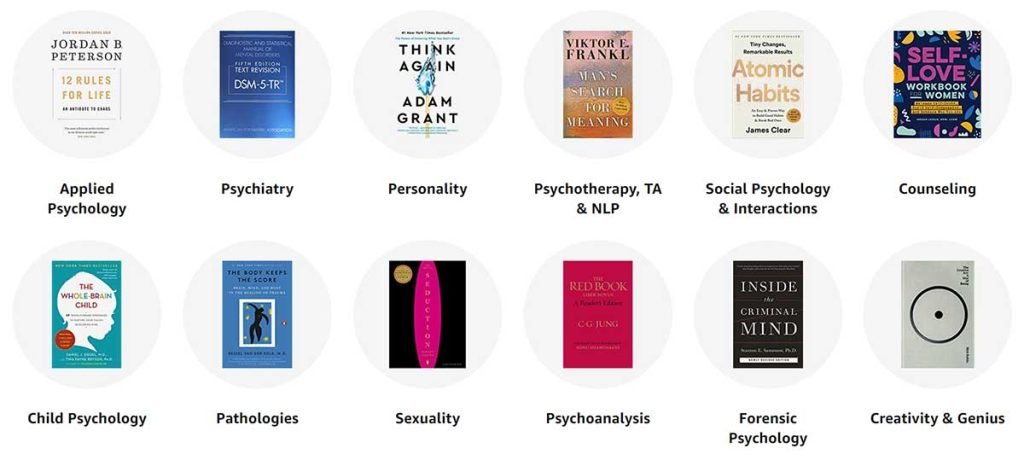The importance of mental health and general wellbeing is a growing concern in our contemporary world, and this holds especially true for women. Women, as members of society, encounter unique struggles and challenges due to biological, social, and cultural factors. Professional registered psychologists and counselors play a pivotal role in promoting and maintaining women’s mental health (American Psychological Association, 2021). The following discussion examines the efficacy of professional mental health consultation for women, underscoring its significance in bolstering general wellbeing.
Understanding the Gendered Dimensions of Mental Health
Women, across their lifespan, grapple with distinct mental health challenges related to biological transitions (e.g., menstruation, pregnancy, and menopause), societal pressures, discrimination, and violence, among others (World Health Organization, 2019). The intersectionality of gender, age, ethnicity, socioeconomic status, and other factors also exacerbates mental health risks (Crenshaw, 1989). Understanding these complex issues necessitates the guidance of registered mental health professionals who specialize in women’s mental health.
The Role of Professional Registered Psychologists and Counselors
Professional registered psychologists and counselors are equipped with the knowledge and skills to address mental health problems and contribute to women’s general wellbeing. They apply various therapeutic techniques tailored to an individual’s unique situation (American Counseling Association, 2021). For instance, cognitive-behavioral therapy (CBT) has been found effective in managing disorders such as depression, anxiety, and post-traumatic stress disorder (PTSD), which disproportionately affect women (Hofmann, Asnaani, Vonk, Sawyer, & Fang, 2012).
Empirical Evidence Supporting Professional Consultation
Numerous studies have shown the efficacy of professional psychological help for women’s mental health. A systematic review found that interventions by registered mental health professionals significantly reduced symptoms of depression and anxiety in pregnant and postpartum women (Sockol, Epperson, & Barber, 2013).
Moreover, research shows that professional help can be particularly beneficial for women who have experienced trauma or violence. Women survivors of intimate partner violence who participated in a 12-week counseling program reported significant improvements in self-esteem, depression, and PTSD symptoms (Johnson & Zlotnick, 2006).
Benefits Beyond Clinical Symptom Management
Consultation with professional registered psychologists or counselors extends beyond symptom management. Counseling helps women to develop coping strategies, resilience, and better relationship skills (Canadian Psychological Association, 2021). Furthermore, it facilitates self-awareness, empowering women to understand and navigate their emotions and behaviors better. This holistic approach bolsters overall wellbeing, improving life quality.
Limitations and Future Directions
Despite the demonstrated efficacy of professional mental health consultation, barriers such as stigma, cost, and accessibility often prevent women from seeking help (Mojtabai et al., 2011). Continued efforts are required to address these barriers and promote mental health care accessibility for all women.
In conclusion, professional registered psychologists and counselors play a crucial role in women’s mental health and general wellbeing. They provide necessary support, addressing both clinical and non-clinical aspects of women’s lives, offering a holistic approach to mental health care. As society progresses, it’s critical that mental health professionals, policymakers, and individuals alike recognize and advocate for women’s mental health as an integral part of overall health.
References
American Psychological Association. (2021). Understanding psychotherapy and how it works. https://www.apa.org/topics/psychotherapy/understanding
World Health Organization. (2019). Gender and women’s mental health. https://www.who.int/mental_health/prevention/genderwomen/en/
Crenshaw, K. (1989). Demarginalizing the intersection of race and sex: A black feminist critique of antidiscrimination doctrine, feminist theory, and antiracist politics. University of Chicago Legal Forum, 140, 139-167.
American Counseling Association. (2021). What is professional counseling? https://www.counseling.org/aca-community/learn-about-counseling/what-is-counseling
Hofmann, S. G., Asnaani, A., Vonk, I. J., Sawyer, A. T., & Fang, A. (2012). The Efficacy of Cognitive Behavioral Therapy: A Review of Meta-analyses. Cognitive Therapy and Research, 36(5), 427–440. https://doi.org/10.1007/s10608-012-9476-1
Sockol, L. E., Epperson, C. N., & Barber, J. P. (2013). Preventing postpartum depression: A meta-analytic review. Clinical Psychology Review, 33(8), 1205-1217. https://doi.org/10.1016/j.cpr.2013.10.004
Johnson, D. M., & Zlotnick, C. (2006). A cognitive-behavioral treatment for battered women with PTSD in shelters: findings from a pilot study. Journal of traumatic stress, 19(4), 559–564. https://doi.org/10.1002/jts.20137
Canadian Psychological Association. (2021). What is a psychologist? https://cpa.ca/public/whatisapsychologist/
Mojtabai, R., Olfson, M., Sampson, N. A., Jin, R., Druss, B., Wang, P. S., Wells, K. B., Pincus, H. A., & Kessler, R. C. (2011). Barriers to mental health treatment: results from the National Comorbidity Survey Replication. Psychological medicine, 41(8), 1751–1761. https://doi.org/10.1017/S0033291710002291
Psychology and Counseling Books
Peruse Psychology and Counseling Books on Amazon.




